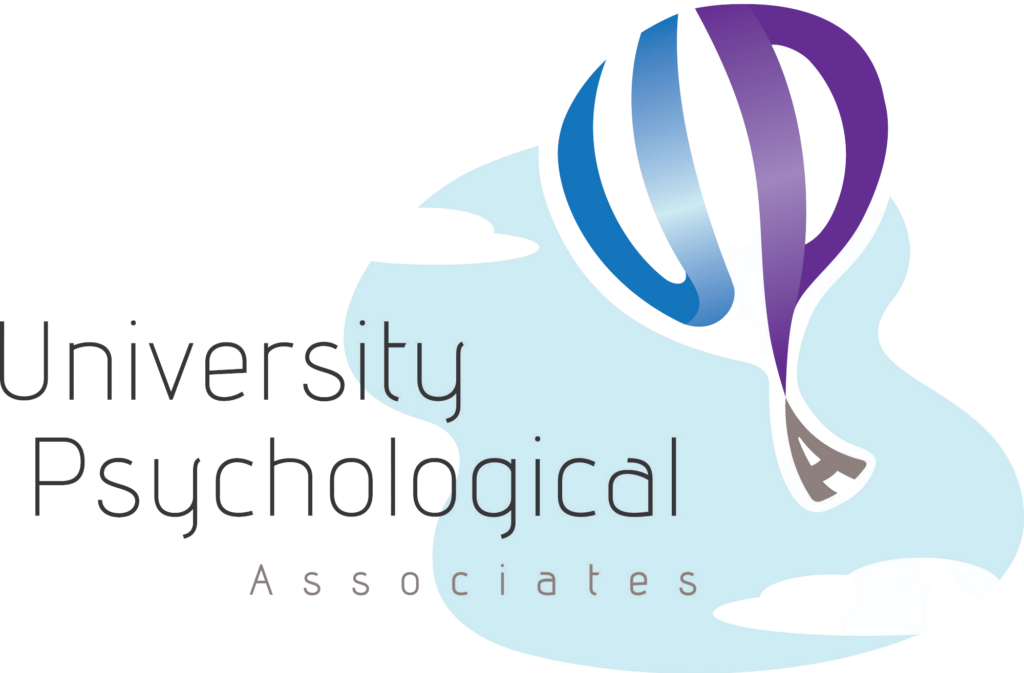Located in Charlotte, North Carolina, University Psychological Associates, P.A. is dedicated to providing comprehensive and compassionate treatment for individuals who have experienced sexual or physical abuse. Our therapists are skilled in evidence-based strategies to support healing, improve resilience, and promote overall emotional well-being.
Recognizing the Symptoms of Sexual and Physical Abuse
Experiencing sexual or physical abuse can profoundly impact a person’s emotional, physical, and cognitive health, leading to an array of symptoms. Acknowledging these symptoms is the first step in seeking professional help and embarking on a healing journey.
- Emotional Symptoms: Survivors of abuse often grapple with intense emotional reactions. These can include fear, a common response triggered by past threats or perceived danger. Anxiety is also common, or a sense of constant unease and worry. Depression can manifest as persistent sadness, loss of interest in activities, or hopelessness. Survivors might also struggle with guilt, shame, or feelings of worthlessness, often stemming from the self-blame associated with the abuse.
- Behavioral Symptoms: Changes in behavior can signal the effects of abuse. Survivors might withdraw from social activities, isolate themselves, or avoid certain places or people that remind them of the abuse. Aggression can surface, as survivors may struggle to regulate emotions. Self-harm, or behaviors causing intentional injury to oneself, might emerge as a coping mechanism.
- Cognitive Symptoms: The psychological aftermath of abuse can result in cognitive disturbances. Survivors might experience difficulty concentrating or problems with memory. Intrusive memories or flashbacks of the abuse can disrupt daily life. Feelings of confusion or difficulty making decisions might occur. Dissociation, a state of feeling disconnected from oneself or reality, can also manifest as a coping mechanism against traumatic memories.
Recognizing that these symptoms can vary significantly in nature and intensity among survivors is important. Each person’s experience is unique and influenced by various factors, including the nature of the abuse, their personal resilience, and the presence of supportive resources. Therefore, while this list provides a general understanding, remember that everyone’s experience with these symptoms will differ. Seek professional help if you identify with any of these symptoms, and remember, recovery is a journey that begins with the first step towards seeking support.
The Importance of Therapy for Sexual and Physical Abuse Survivors
The repercussions of sexual and physical abuse can be deep-seated and highly disruptive, profoundly affecting a person’s quality of life and overall well-being. The residual effects of these traumatic experiences often surface as various mental health complications. These may span a broad spectrum, from depression and anxiety to post-traumatic stress disorder (PTSD).
Engaging in professional therapy is a powerful step forward in navigating these impacts. Skilled therapists can guide survivors toward understanding and processing their experiences, an essential part of healing. This can help alleviate feelings of self-blame and guilt. Therapy isn’t solely about working through past experiences but also about learning coping mechanisms that can fortify emotional resilience and empower survivors to reclaim control over their lives.
Access to the proper therapeutic support can mitigate the risk of more complex psychological disorders emerging down the line. Timely intervention can curtail the escalation of symptoms and help survivors maintain their day-to-day functioning and productivity, crucial aspects of leading a fulfilling life. Moreover, professional treatment can serve as a preventative measure.
Therefore, seeking professional therapy following experiences of sexual or physical abuse isn’t simply one option among many. Instead, it stands as an essential pathway toward healing, offering survivors the tools, understanding, and support they need to rebuild a healthier and hopeful future.
Our Approach to Treatment for Sexual and Physical Abuse
At University Psychological Associates, P.A., we adopt a multi-faceted, person-centered approach to treatment for sexual and physical abuse. The process involves various stages:
- Initial Assessment: Our providers conduct a comprehensive evaluation to understand the abuse’s impact and the individual’s specific needs.
- Individualized Treatment Plan: Based on the assessment, a personalized treatment plan is created, tailored to the individual’s unique experiences and symptoms.
- Cognitive Behavioral Therapy (CBT): This evidence-based therapy helps individuals challenge and change destructive thought patterns and behaviors. It also teaches coping mechanisms and strategies for managing stress and anxiety.
- Trauma-Informed Care: Our therapists provide trauma-informed care, fostering an environment of safety, empathy, and understanding.
- EMDR (Eye Movement Desensitization and Reprocessing): EMDR can be particularly effective in treating trauma symptoms, helping the individual process traumatic memories and reduce their intensity.
All these elements come together to provide a holistic treatment approach that addresses the individual’s emotional, psychological, and physical well-being.
Empowering Strategies for Prevention and Recovery
The journey to recovery from sexual or physical abuse takes time, and progress might sometimes seem slow. However, with appropriate treatment and support, the outlook is hopeful. Many survivors find they can reduce their symptoms, improve their functioning, and enjoy a better quality of life.
At University Psychological Associates, P.A., we are committed to providing compassionate, confidential, and effective treatment for individuals who have experienced sexual or physical abuse. Our experienced therapists are ready to walk with you on your path to healing and recovery, helping you reclaim control over your life and build a hopeful future.
Remember, seeking help is a sign of strength, and it’s never too late to reach out for the support you need. If you or a loved one has experienced sexual or physical abuse and need help, call us at (704) 547-1483. We are here to help guide you through your healing journey toward a more resilient and emotionally balanced life.
Frequently Asked Questions
Symptoms can vary but often include emotional disturbances like fear, guilt, or depression; behavioral changes like withdrawal or aggression; physical signs like unexplained injuries or chronic pain; and cognitive issues such as difficulty concentrating or intrusive memories.
Professional treatment helps survivors understand and process their experiences, reducing feelings of self-blame and guilt. Therapy can teach effective coping mechanisms, empowering survivors to regain control of their lives and work towards a healthier future.
We use a multi-faceted approach, including an initial comprehensive assessment, the development of an individualized treatment plan, Cognitive Behavioral Therapy (CBT), trauma-informed care, and Eye Movement Desensitization and Reprocessing (EMDR).
While not all instances can be prevented, being informed about one’s rights, establishing boundaries, and having access to supportive resources can empower individuals and potentially reduce the risk.
If you or a loved one has experienced sexual or physical abuse and need help, call us at (704) 547-1483 to schedule an appointment. Our therapists are ready to provide the support and care you need on your healing journey.

